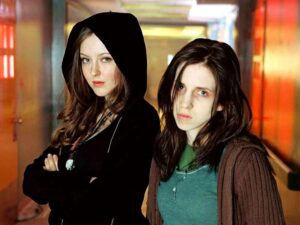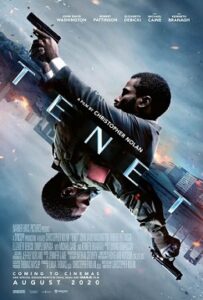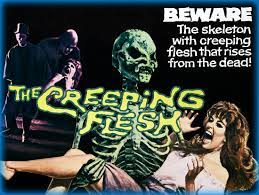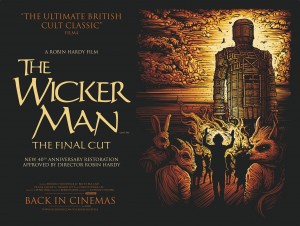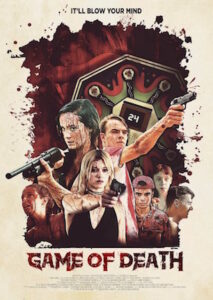My sweetie-wife is a fan of an Icelandic BDSM inspired metal band called Hatari. This weekend a documentary about the band’s entry into the 2019 Eurovision contest dropping on the streaming service Vimeo but region locked against the US and the UK. Luckily, I had just upgraded my Norton anti-virus subscription to include their VPN (Virtual Private Network) capability and after resetting out location to Finland managed to unlock and rent the  documentary.
documentary.
First time documentary director Anna Hildur follows the controversial band noted for their outspoken style as they prepare to play in Tel Aviv Israel with a clear intention to violate Eurovision’s prohibition on making any political statement as part of the contest.
As anyone who really knows me understands Metal is not one of my preferred musical genres. However, that doesn’t impede my ability to enjoy a good documentary and have respect for artists willing to risk standing and cash in order to make a stand for what they believe is right. Art, on some level, is always political. Even if an artist makes even conscious choice to avoid political statements or stands that itself is a political stand. I am not here to comment on the correctness or fallacy of Hatari’s position concerning the Israeli/Palestinian conflict, but I will respect that they did not take their position lightly or without forethought.
A Song Called Hate does a very admirable job of revealing the member of Hatari as people and moves beyond the surface level of their costumes and performance. Without having been told there was nothing about the production that would have informed me that this was a first-time feature documentary director. At 90 minutes the run time perfectly balances the need to probe deep into its subjects but without overstaying in any particular scene.
All in all, thought the music is not to my taste and I am far from equipped to judge its quality A Song Called Hate is an illuminating and well-crafted piece of documentary cinema.

